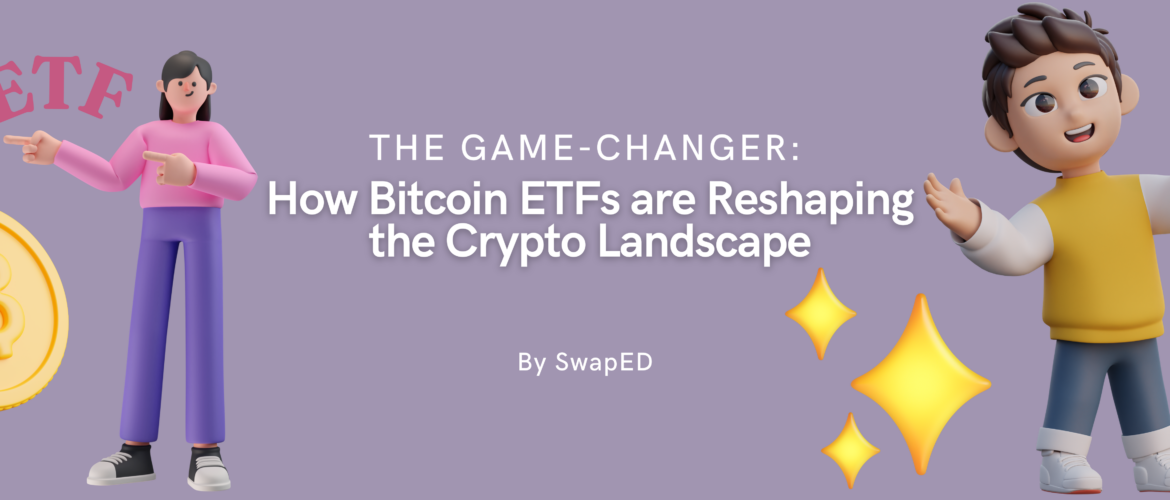
The digital landscape is undergoing a transformative revolution, courtesy of smart contracts—a concept that's redefining traditional industry and business operations. Embedded within the blockchain, smart contracts execute the terms of agreements automatically, sans third-party intervention, streamlining administration, enhancing process efficiency, and reducing risks. However, as promising as they are, smart contracts face hurdles across creation, deployment, execution, and completion phases that need addressing.
The Foundation and Challenges
Smart contracts, envisioned in the 1990s by Nick Szabo, are self-executing contracts with the terms of the agreement between buyer and seller being directly written into code. They are immutable, distributed across the blockchain, making tampering nearly impossible and ensuring a high degree of traceability and auditability. This digital contract system paves the way for a peer-to-peer marketplace, significantly cutting down on execution time and associated costs.
However, the journey of a smart contract from creation to completion is fraught with challenges. From ensuring readability and functional integrity in the creation phase to addressing contract correctness and dynamic control flow upon deployment, each stage demands meticulous attention. Execution challenges include establishing trustworthy oracles and managing transaction-ordering dependencies efficiently. Finally, upon completion, ensuring privacy, security, and scam prevention are paramount.
The Evolution and Platforms
The evolution of smart contracts is mirrored in the development of platforms like Ethereum, Hyperledger Fabric, and others, each providing a unique infrastructure for deploying these digital contracts. Ethereum, with its Ethereum Virtual Machine (EVM), offers a public, Turing-complete environment for developers. Hyperledger Fabric opts for a permissioned, private blockchain model, emphasizing customization and efficiency. Other platforms like Corda focus on financial applications, showcasing the versatility and application-specific adaptations of smart contracts.
Bridging Real-World Applications
Smart contracts are not confined to theoretical models but have profound implications across various sectors. From revolutionizing the Internet of Things (IoT) by enabling autonomous, efficient device interaction to reshaping distributed system security and financial services, the applications are vast. They extend to ensuring data provenance, enhancing the sharing economy by facilitating trustless exchanges, and even redefining public sector operations with transparent, secure digital identities and voting systems.
Navigating Towards a Smart Future
The trajectory of smart contracts suggests a future where digital and physical agreements are seamlessly integrated, offering a level of efficiency, security, and trust previously unattainable. The challenges they face are significant yet not insurmountable, with ongoing advancements in technology and platform development aiming to address these hurdles.
In conclusion, smart contracts stand at the precipice of a new digital era. They hold the promise of transforming the very fabric of business transactions, governance, and personal interactions. As we continue to explore and refine this technology, we move closer to a world where digital agreements are as commonplace and trusted as their physical counterparts.
If you want to keep up with the trends of blockchain industry, join our communities on Discord, Reddit and Telegram.
Comments (0)
SwapED
Categories
Recent posts


Exploring the Intersection of the ...
8 Oct 2024
The Game-Changer: How Bitcoin ETFs are ...
8 Oct 2024
Navigating the Web3 Wave: A Beginner’s ...
8 Oct 2024
Unleashing the Power of Smart Contracts: ...
28 Aug 2024🚀 Get 20% OFF Your Subscription!

Join SwapED today and save 20% on all plans. Use Code SWAPED20 at checkout.



